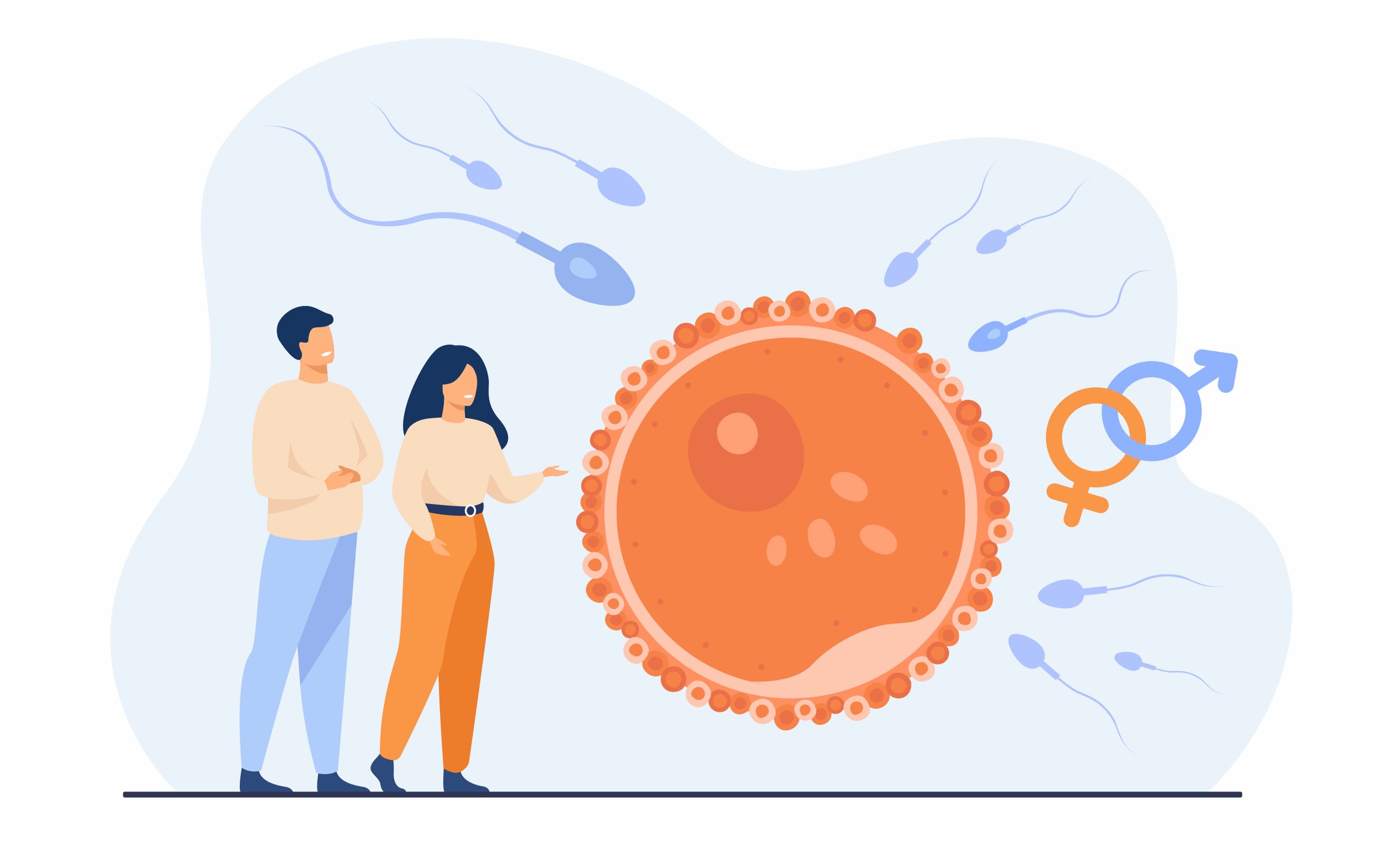
Genital Herpes: Understanding and Managing This Common STI
Introduction:
Genital herpes is a sexually transmitted infection (STI) caused by the herpes simplex virus (HSV). There are two types of HSV: HSV-1 and HSV-2.
While HSV-1 typically causes oral herpes, and HSV-2 usually leads to genital herpes, both types can cause either infection.
Symptoms:
The primary symptom of genital herpes is the presence of painful, blister-like rashes in the genital area. Additional symptoms may include:
Fever
Swollen lymph nodes in the groin
Painful urination
Burning or itching in the genital area
Causes:
Genital herpes is caused by the herpes simplex virus (HSV). HSV is a common virus, and many people will encounter it during their lifetime. However, only a small percentage of those exposed will develop genital herpes.
Diagnosis:
Genital herpes is typically diagnosed based on symptoms. However, a blood test may be conducted to confirm the diagnosis.
Treatment:
While there is no cure for genital herpes, several treatment options are available to manage the symptoms. These include:
Antiviral medications: These medications can help shorten the duration of outbreaks and reduce their frequency.
Lifestyle changes: Making certain adjustments, such as avoiding sexual contact during outbreaks, can assist in symptom management.
Conclusion:
Genital herpes is a prevalent STI, but it can be effectively managed with proper treatment. If you suspect you may have genital herpes, it’s crucial to consult with your doctor.
They can provide a diagnosis and guide you towards appropriate treatment options.
For More Information Click here



